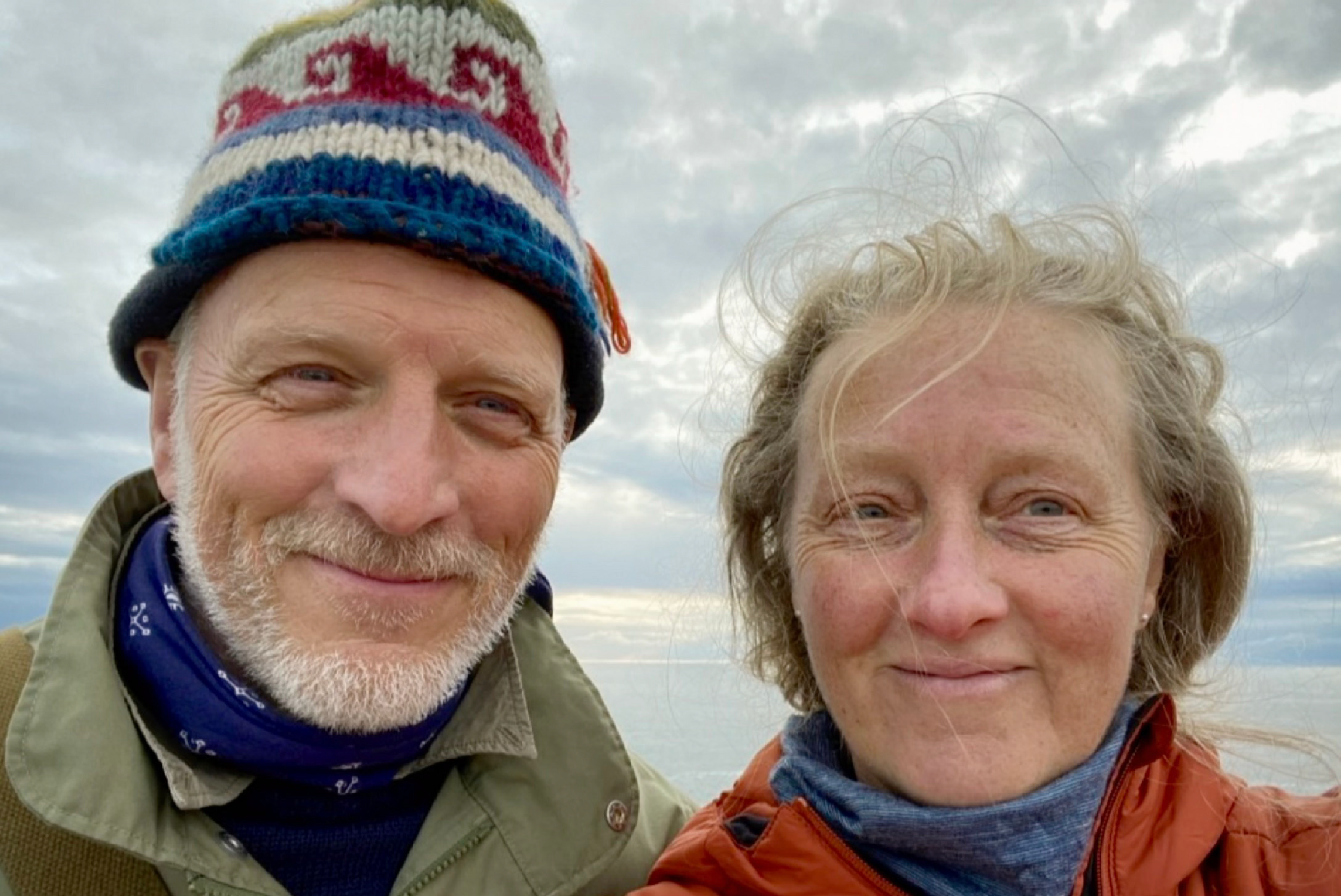Newsroom
Uncovering The Salt Path

Invited experts

Chloe Hadjimatheou
Narrative Editor

Basia Cummings
Deputy Editor

Chloe Hadjimatheou
Narrative Editor

Basia Cummings
Deputy Editor
The Salt Path is one of the most successful British non-fiction books of recent years. A harrowing tale of a middle-aged couple who walked 630 miles along the South West Coast Path after losing their Welsh farmhouse and receiving a terrible medical diagnosis, the book gained plaudits for its “unflinching honesty” and sold more than two million copies. Last year it was adapted into a star-studded feature film.
Yet how much of the author Raynor Winn’s story is true? In a compelling investigation this month, The Observer’s Chloe Hadjimatheou revealed allegations of how the blockbuster book was spun from lies and deceit.
Through an anonymous tip-off, interviews with those that knew them, and trawling through legal trails, Chloe uncovered allegations that the couple fictionalised key aspects of their narrative - including their names, the reasons behind losing their home, and the nature of the hardship they faced . Chloe’s reporting has raised serious questions about truth, trust, and emotional investment in memoir. What role did publishers and filmmakers play in verifying the facts? And how do we, as readers, react when beloved stories show signs of betrayal?
Join us in the Observer newsroom with Basia and Chloe as we lift the lid on how we got to the bottom of the story that shook the literary world.
Invited experts

Chloe Hadjimatheou
Narrative Editor

Basia Cummings
Deputy Editor

Chloe Hadjimatheou
Narrative Editor

Basia Cummings
Deputy Editor
The Salt Path is one of the most successful British non-fiction books of recent years. A harrowing tale of a middle-aged couple who walked 630 miles along the South West Coast Path after losing their Welsh farmhouse and receiving a terrible medical diagnosis, the book gained plaudits for its “unflinching honesty” and sold more than two million copies. Last year it was adapted into a star-studded feature film.
Yet how much of the author Raynor Winn’s story is true? In a compelling investigation this month, The Observer’s Chloe Hadjimatheou revealed allegations of how the blockbuster book was spun from lies and deceit.
Through an anonymous tip-off, interviews with those that knew them, and trawling through legal trails, Chloe uncovered allegations that the couple fictionalised key aspects of their narrative - including their names, the reasons behind losing their home, and the nature of the hardship they faced . Chloe’s reporting has raised serious questions about truth, trust, and emotional investment in memoir. What role did publishers and filmmakers play in verifying the facts? And how do we, as readers, react when beloved stories show signs of betrayal?
Join us in the Observer newsroom with Basia and Chloe as we lift the lid on how we got to the bottom of the story that shook the literary world.